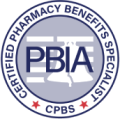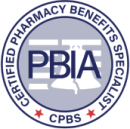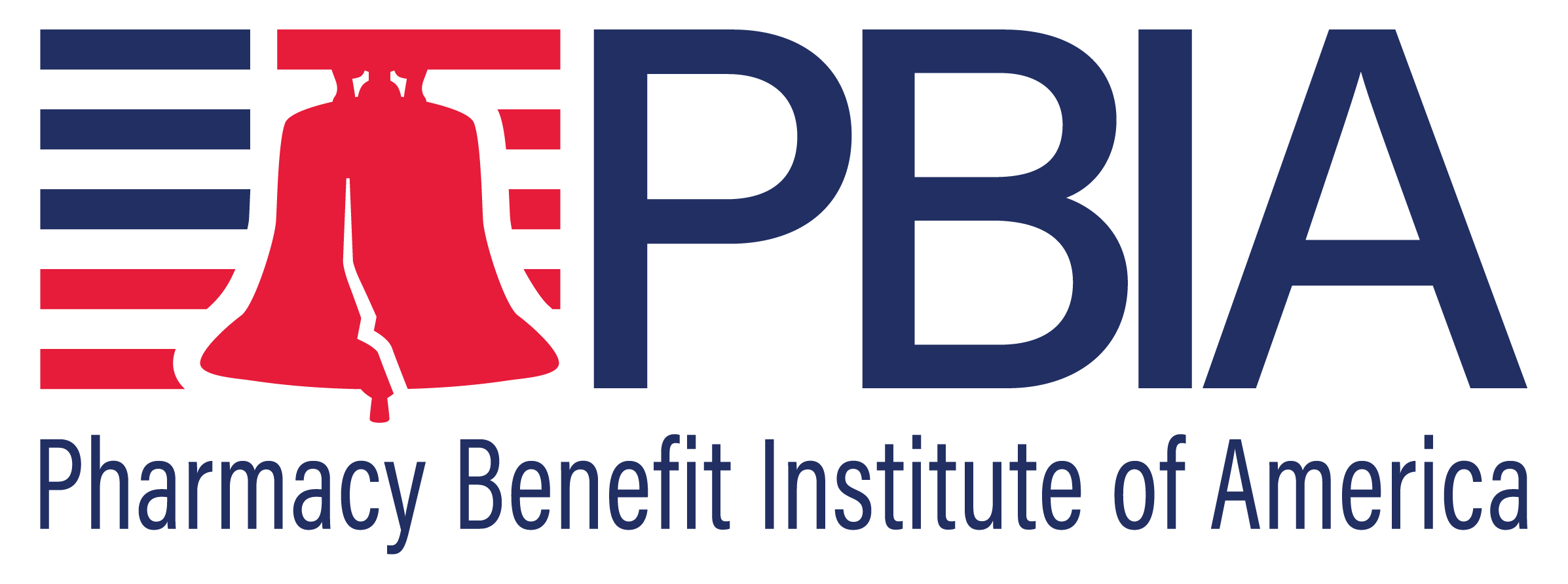Master Pharmacy Benefits Like a Pro
Enroll in the Certified Pharmacy Benefits Specialist (CPBS) Program – choose your path: Virtual, Self-Paced, In-Person, or On-Demand.

(Self-Paced Program)
Self-Study Courses

Benefit Design for the Pharmacy
Benefit (ONLINE)

- Identify utilization management
tools for designing a clinically
appropriate and cost-effective plan. - Describe how plan sponsors typically structure and manage cost-sharing.
- Discuss cost, access, and patient preference in mail and retail network pharmacy channels.
- Describe effective and clinically appropriate formulary management practices.
- Design a cost-effective plan which optimizes healthcare outcomes while eliminating waste.

Benefit Design for the Pharmacy
Benefit (ONLINE)

- Identify utilization management
tools for designing a clinically
appropriate and cost-effective plan. - Describe how plan sponsors typically structure and manage cost-sharing.
- Discuss cost, access, and patient preference in mail and retail network pharmacy channels.
- Describe effective and clinically appropriate formulary management practices.
- Design a cost-effective plan which optimizes healthcare outcomes while eliminating waste.

Cost-Containment Strategies for
the Pharmacy Benefit (ONLINE)

- Define and explain why cost
containment is important. - Identify the main components of PBM revenue and how they are used in reimbursement to the dispensing pharmacies.
- List the features and describe the effects of various cost containment tools.
- Discuss how health plan enrollees respond to cost containment strategies.
- Formulate payer strategies to achieve lowest net cost for PBM services.

PBM Contracts (ONLINE)

- Describe the elements of PBM
contracts with pharmacies,
manufacturers, and plan sponsors - Discuss key stakeholders and contractual arrangements between pharmacies, manufacturers, pharmacy benefit managers, plan sponsors, and members.
- List important considerations of a pharmacy benefit management contract.
- Discuss important contracting considerations for plan sponsors.
- Design best practices for PBM contract pricing.

Specialty Pharmacy Benefits
Management (ONLINE)

- Explain how specialty drugs are
priced for contracting purposes. - Describe the different specialty drug disease states and how they may affect plan goals.
- List pathways to specialty access.
- Map how drug benefit design applies to specialty drugs
- Discuss key differences in the administration of specialty drugs under the pharmacy and medical benefits.
- Explain differences in utilization and cost by site of care and how plans influence use of various channels.
- Discuss and put into play best practices for optimal specialty utilization.
- Identify manufacturer strategies to increase patient utilization.
- Examine specialty distribution channels and clinical management of specialty drugs.

PBM Contracts (ONLINE)

- Describe the elements of PBM
contracts with pharmacies,
manufacturers, and plan sponsors - Discuss key stakeholders and contractual arrangements between pharmacies, manufacturers, pharmacy benefit managers, plan sponsors, and members.
- List important considerations of a pharmacy benefit management contract.
- Discuss important contracting considerations for plan sponsors.
- Design best practices for PBM contract pricing.

PBM Procurement (ONLINE)

- Identify savings opportunities by
developing visibility into the direct
and indirect drug spend. - Expand awareness of the importance
of PBM procurement and its influence
on the bottom line. - Facilitate sourcing performance, reduce maverick spend, increase compliance and generate savings.
- Explain the features and benefits of Request for Proposals (RFPs) and Reverse Auctions.
- Explain the pros and cons of the various pricing arrangements: spread, pass-through and fiduciary.

Specialty Pharmacy Benefits
Management (ONLINE)

- Explain how specialty drugs are
priced for contracting purposes. - Describe the different specialty drug disease states and how they may affect plan goals.
- List pathways to specialty access.
- Map how drug benefit design applies to specialty drugs
- Discuss key differences in the administration of specialty drugs under the pharmacy and medical benefits.
- Explain differences in utilization and cost by site of care and how plans influence use of various channels.
- Discuss and put into play best practices for optimal specialty utilization.
- Identify manufacturer strategies to increase patient utilization.
- Examine specialty distribution channels and clinical management of specialty drugs.

Ethics in Pharmacy Benefits
Management (ONLINE)

Brokers, consultants, and HR
professionals play an important role
while leading ethical practices in today’s workplace. Effective January 1st, 2024, all certificants must fulfill one ethics credit as part of the recertification requirement. This requirement ensures our certificants remain aware of crucial ethical practices and behaviors in pharmacy benefits management. There is NOT a specific “Ethics Credit” designation to select from when entering the activity. Simply include this activity in your recertification plan when applying for recertification.
Courses can be taken one at a time or BUY ALL SEVEN COURSES AND SAVE $500! Courses work towards earning the Certified Pharmacy Benefits Specialist® (CPBS) designation. Upon completion of courses one through seven, students if they desire, can register for the CPBS final exam. Students will have 30 days from registration to complete the final exam and Capstone project. The fee for the final exam is $200 (waived for PBIA members). Lastly, PBIA members receive a savings of up to 25% off of PBIA course tuition and a plethora of resources that pair with continued professional success. If you are not a member, join PBIA today
Courses can be taken one at a time and most work towards earning the Certified Pharmacy Benefits Specialist® (CPBS) designation. Upon completion of all seven courses, students if they desire, can register for the CPBS final exam. Students will have 30 days from registration to complete the final exam and Capstone project. The fee for the final exam is $200 (waived for PBIA members). Lastly, PBIA members receive a savings of up to 25% off of PBIA course tuition and a plethora of resources that pair with continued professional success. If you are not a member, join PBIA today.
